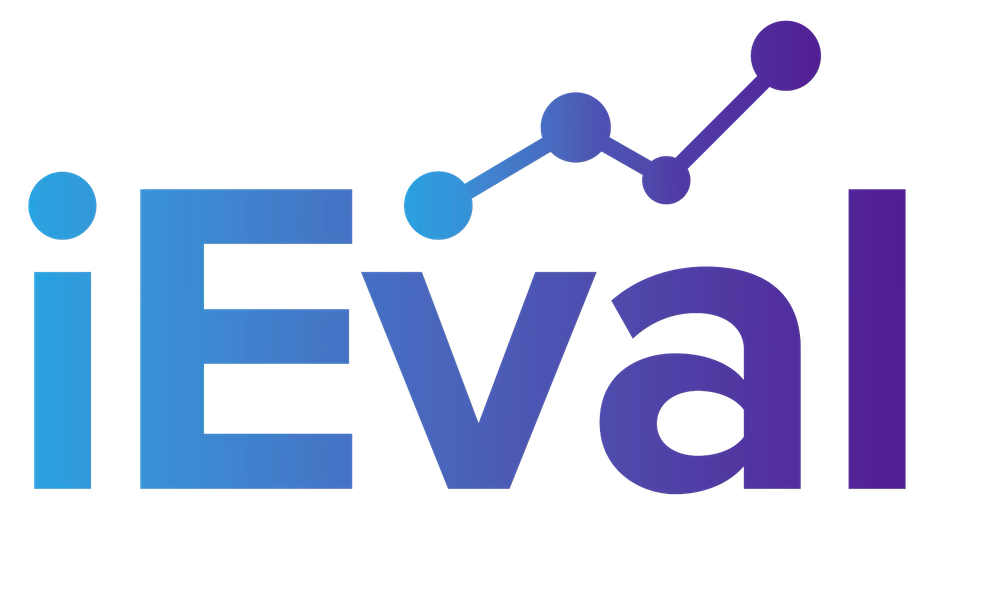We would like to congratulation Kristin Everett, one of our blogging team, for adding a future evaluator to her family's team. Congratulations on baby Claire! While Kristin is enjoying her family this summer, we have asked some of our clients to serve as guest bloggers, sharing their perspectives on how specific evaluation tools are useful or how they use evaluation findings in their jobs.
First up is Julie Dibert, the director of Community Unlimited in Union City, Michigan, and the project director for Union City's 21st Century Community Learning Centers grant. Here are Julie's thoughts on how evaluation works for them...
The evaluation process that iEval has created with Camp iEval has made the evaluation process come alive for our organization. When you are able to sit in a room with others in your same field and discuss the findings of your evaluation and how to improve it, it is invaluable. Everyone is processing, throwing out ideas of improvement, things that are working well for each other, etc. The opportunity to hear firsthand key ideas that are trending in our field is another great piece, along with project directors sharing information about what is working well in their program, so others can take their ideas and implement in some way to their program. It honestly has made our organization look at data, review it, and implement new strategies based on the data.
In working with an external evaluation team that is focused on use and responsive to our needs, I am able to do strategic planning and talk with my staff around the data that is fresh and relevant. It helps create a system on how to make improvements from the data to our program…we immediately begin to see the difference.
The impact on the evaluation comes from the relationships that are built during the Camp iEval. We have had the opportunity to meet together and grow together as project directors. The reports that we receive are immediate. The documents and data are relevant to make the changes in the programs. We can improve programs for the students using the data how it was meant to be used. You definitely walk away thinking about how to make improvements and excited about making those changes.
JULIE’S USEFUL TIP: Talk about your data often. The more you talk about it, the better you’ll understand it, and the more it is relevant to improving your program.

